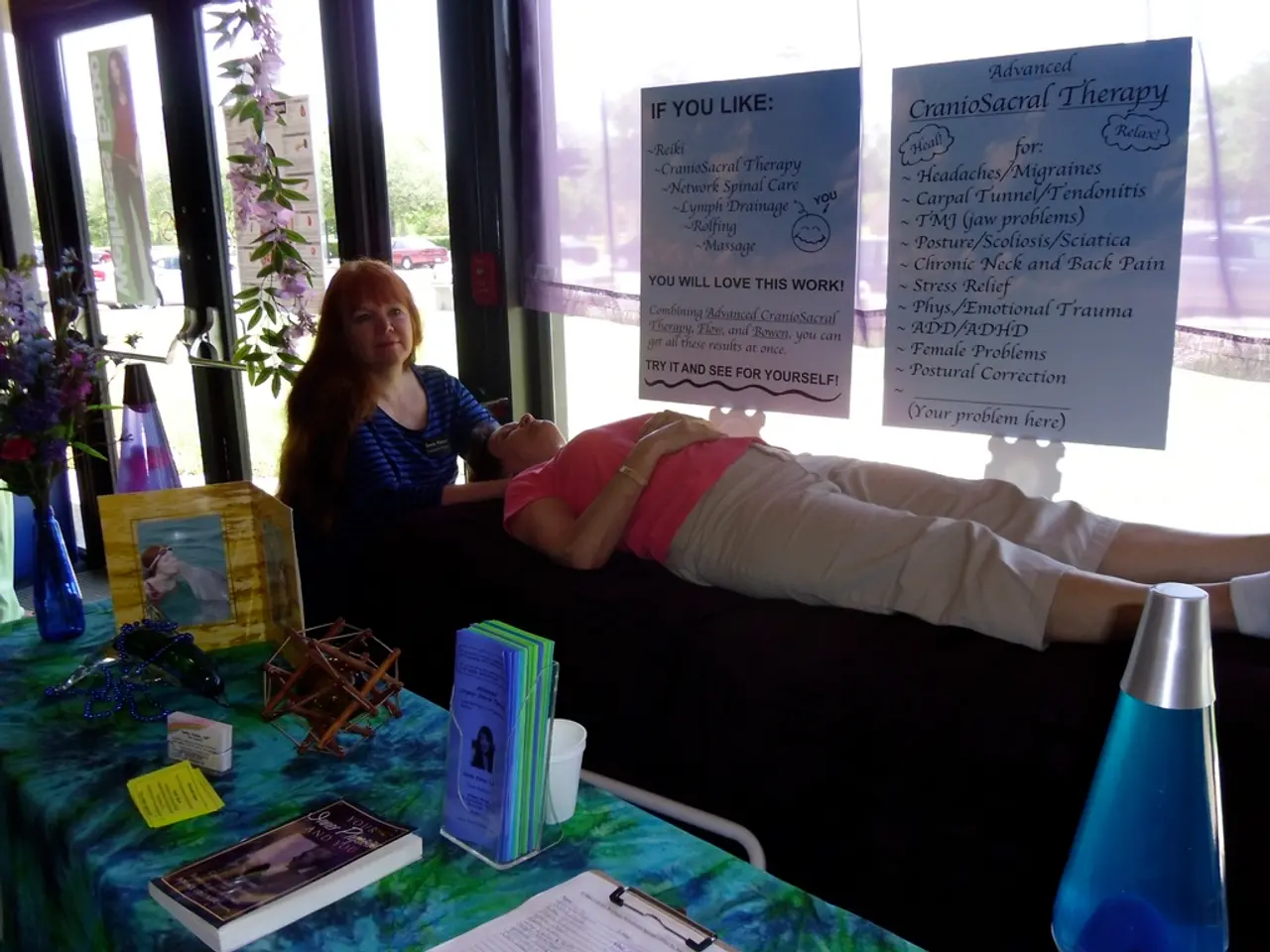Exploring Self-worth and Tragedy: Navigating the Complexity of Personal Experiences
**Rebuilding Self-Esteem After Childhood Trauma: A Step-by-Step Guide**
Navigating the impact of childhood trauma on self-esteem can be a complex journey, but with intentional steps, it is possible to cultivate a positive self-image and improve self-worth. Here's a practical guide to help you on your path to healing and self-discovery.
**Acknowledge Trauma**
Recognising the presence and effects of childhood trauma is a crucial first step. Trauma can deeply influence how you see yourself, often leading to negative self-talk, self-blame, shame, and guilt. Accepting that these feelings are rooted in past experiences—not in your present worth—can help you begin to untangle trauma from your self-concept.
**Seek Professional Help**
Professional support from therapists or trauma-informed counsellors is essential for healing. Therapy can help you process traumatic memories, challenge negative beliefs, and develop coping strategies. Finding the right therapist might take a few tries, similar to finding a good match in a dating process. Therapy has been shown to boost self-esteem and ease anxiety.
**Practice Self-Compassion**
Treat yourself with kindness and understanding. Trauma survivors often blame themselves and struggle with self-criticism. Practicing self-compassion involves recognising your pain, validating your emotions, and treating yourself as you would a close friend. This can help counteract feelings of worthlessness and support healing.
**Build Healthy Relationships**
Trauma can make it difficult to trust others and form healthy connections. Surround yourself with supportive, positive people who uplift you and help you feel valued. Healthy relationships provide a foundation for rebuilding trust and self-esteem. They also offer models for positive self-regard and encourage you to see your own worth.
**Cultivate a Positive Self-Image**
Shift your focus toward your strengths, achievements, and unique qualities. Acknowledging every small victory and unique trait can help cultivate a positive self-image. Embrace one's strengths, set achievable goals, and challenge negative thoughts about yourself. Over time, this proactive approach can help you develop a more positive and resilient self-image.
**Emotional Well-being and Self-Esteem**
Childhood trauma can distort an adult's self-perception and lead to struggles with depression, anxiety, and low self-esteem. Recognition and belonging are important for emotional well-being. Evaluating one's social circle and filling it with positive influences can improve mental health. Journaling can be a practical exercise for expressing feelings and thoughts without judgment.
**Healing Techniques**
Cognitive Behavioral Therapy (CBT) can help fix negative thoughts. Practicing self-compassion meditation for a couple of minutes a day can be beneficial. Eye Movement Desensitization and Reprocessing (EMDR) can rewire traumatic memories to lessen their impact. Dr. Kristin Neff, an expert on self-compassion, suggests daily affirmations to fortify one's self-perception.
By following these steps, you can gradually reclaim your sense of self-worth and build a healthier, more positive self-image. Boosting self-esteem after childhood traumas is a long-term process requiring time, patience, and consistent effort. Acceptance is a path to emotional resilience and is important for emotional well-being.
Science and mental health can play significant roles in rebuilding self-esteem after childhood trauma. Cognitive Behavioral Therapy (CBT), a well-established science-based approach, can help fix negative thoughts. On the other hand, practicing self-compassion, a key component of health-and-wellness and mental health, involves recognizing and validating one's emotions, promoting coping and healing.




